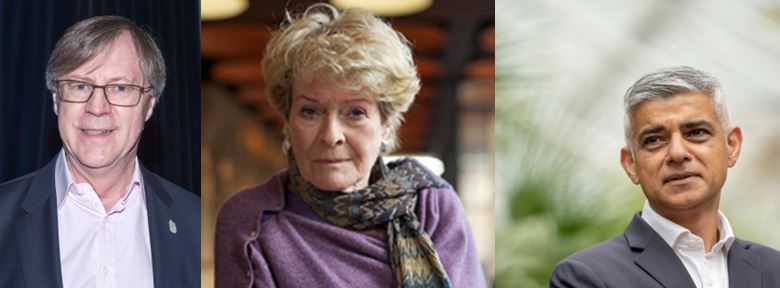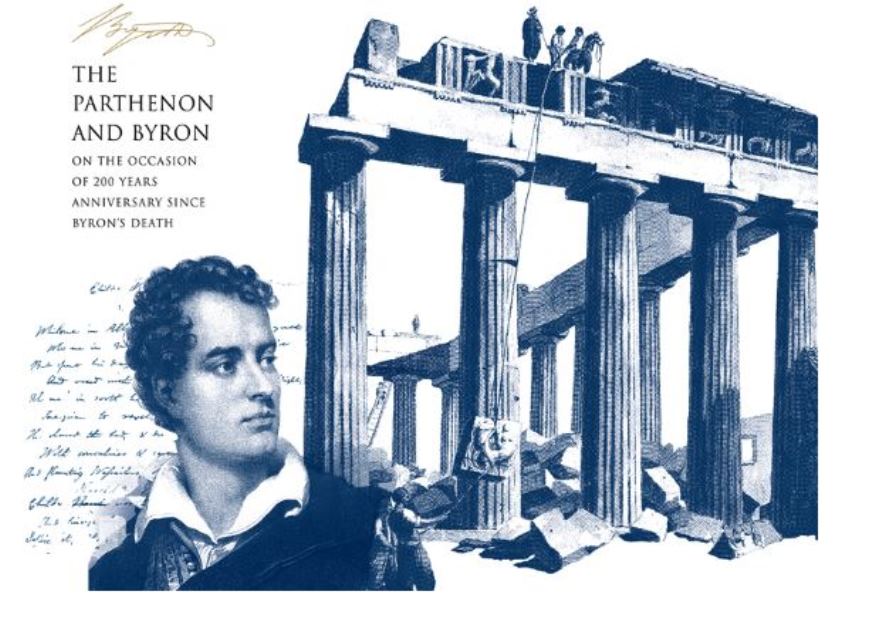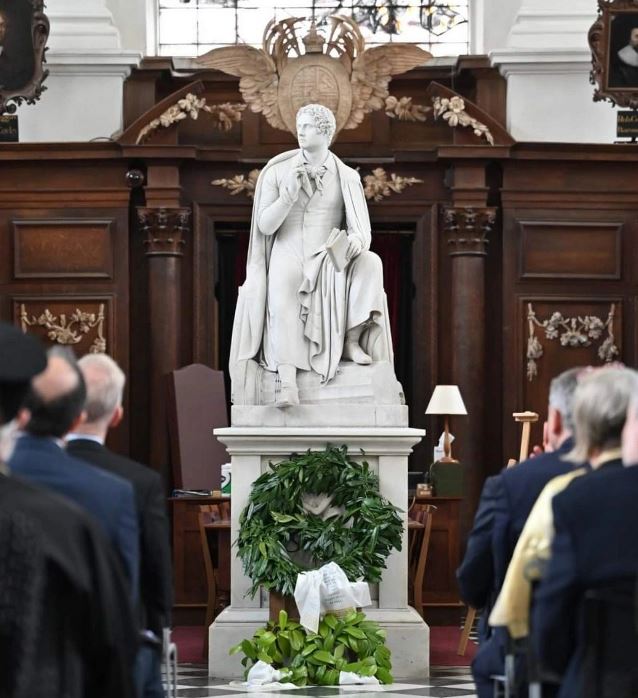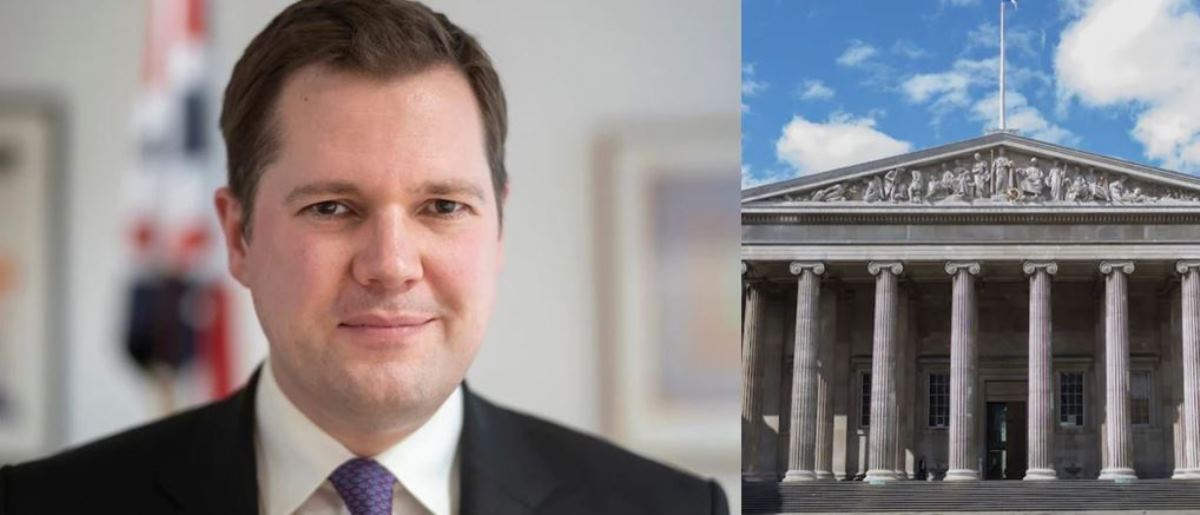As Greece counts 200 years since the beginning of its war of independence in 1821, we can all celebrate the spirit of defiance against tyranny and a dedication to freedom, democracy and human rights. The Iliad-literate prime minister, Boris Johnson, has called Greece’s unique brand of meritocratic indignation the “hallmark of Greek genius”. But what made the Greek Revolution truly exceptional was that from the outset, it was never a matter for the Greeks alone.
The pan-European solidarity expressed at the time of the revolution marked the birth of a strong current of philhellenism that endures to this day. Few embody this better than Lord Byron, whose love letters to Greece paid stunning tribute to the place “where grew the arts of war and peace”. With words that speak down the ages, it is little wonder that he continues to be honoured in Greece, including today on Lord Byron Day.
The Prince of Wales recently said that without Greece our laws, art and way of life would never have flourished. But without Britain, they would not have survived the test of time. I couldn’t agree more. From the Greek struggle for independence to the two world wars and recent Greek history, the relations between the United Kingdom and Greece are not simply ties between nation states but between people with a shared commitment to freedom, equality, democracy and respect for human dignity. My own personal ties to the UK date back to my student days at the London School of Economics and I have been an enthusiastic Anglophile ever since.
I am also a firm believer in keeping alive our common cultural heritage and educating the generations to come. This year the Benaki Museum in Athens has organised the most comprehensive exhibition of Modern Greek history ever seen. Among a thousand objects sits a portrait of Lord Byron by Thomas Phillips, on loan from the National Portrait Gallery in London. The loan of cultural objects is an important gesture from one country to another but this is also an opportunity to educate the public about the enduring bond between our two countries and to give Lord Byron his rightful place in the Greek story.
Cultural heritage teaches us where we come from, where we have been and helps us understand who we are today. Modern Greece has Lord Byron to thank for this. I also have no doubt this is why Lord Byron informed his mother from Prevesa that he would be returning to Athens, later prolonging his Hellenic journey indefinitely. Here was an English peer with an undeniable thirst to consume Greece in its entirety, from the ancient walls of the Parthenon to the modern Greek we speak today. If he believed that understanding Greece’s cultural heritage held the keys to modern society’s own existence, he would not have been the only one.
As the European Commission’s vice-president for promoting the European way of life, I can relate to Lord Byron’s commitment to the preservation and promotion of cultural heritage (unfortunately not to his poetic genius). It is why I will also be visiting the Benaki Museum’s exhibition at every chance I get, to see the portrait of Lord Byron and the many other pieces on loan from private collections and important museums across Europe.
The bicentenary of Lord Byron’s death at Missolonghi will fall on April 19 2024. What better a time for the United Kingdom and Greece to honour the friendship between the two nations and their people than by marking it with further cultural exchanges befitting of his memory. In these difficult times, cultural heritage should uplift humanity, not divide it.

Margaritis Schinas is vice-president of the European Commission, this article was first published in The Times





Comments powered by CComment